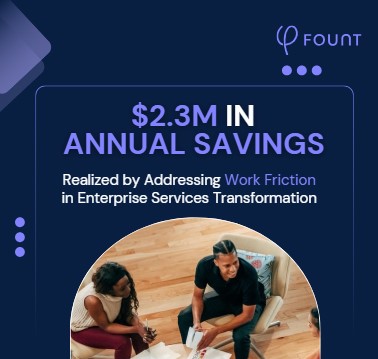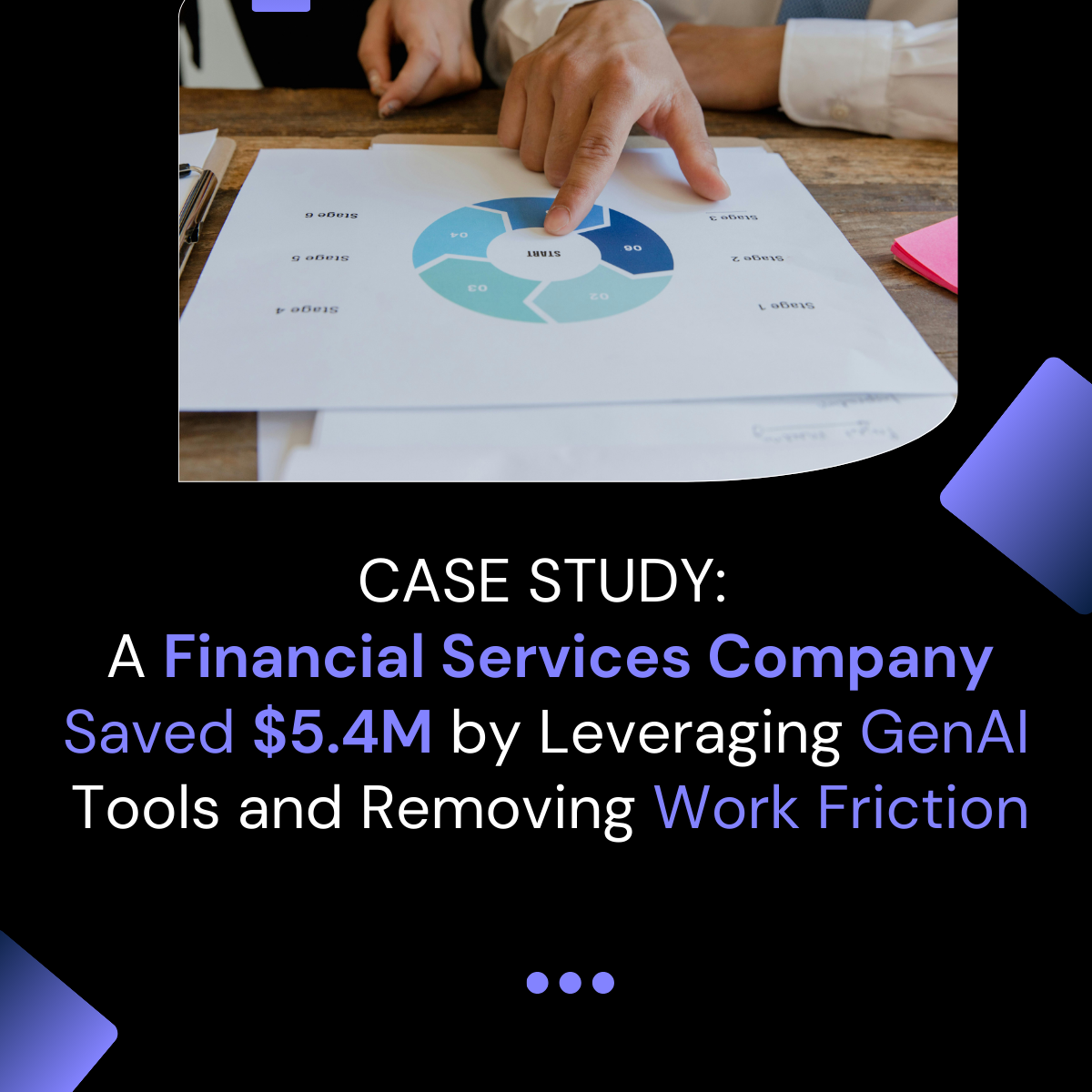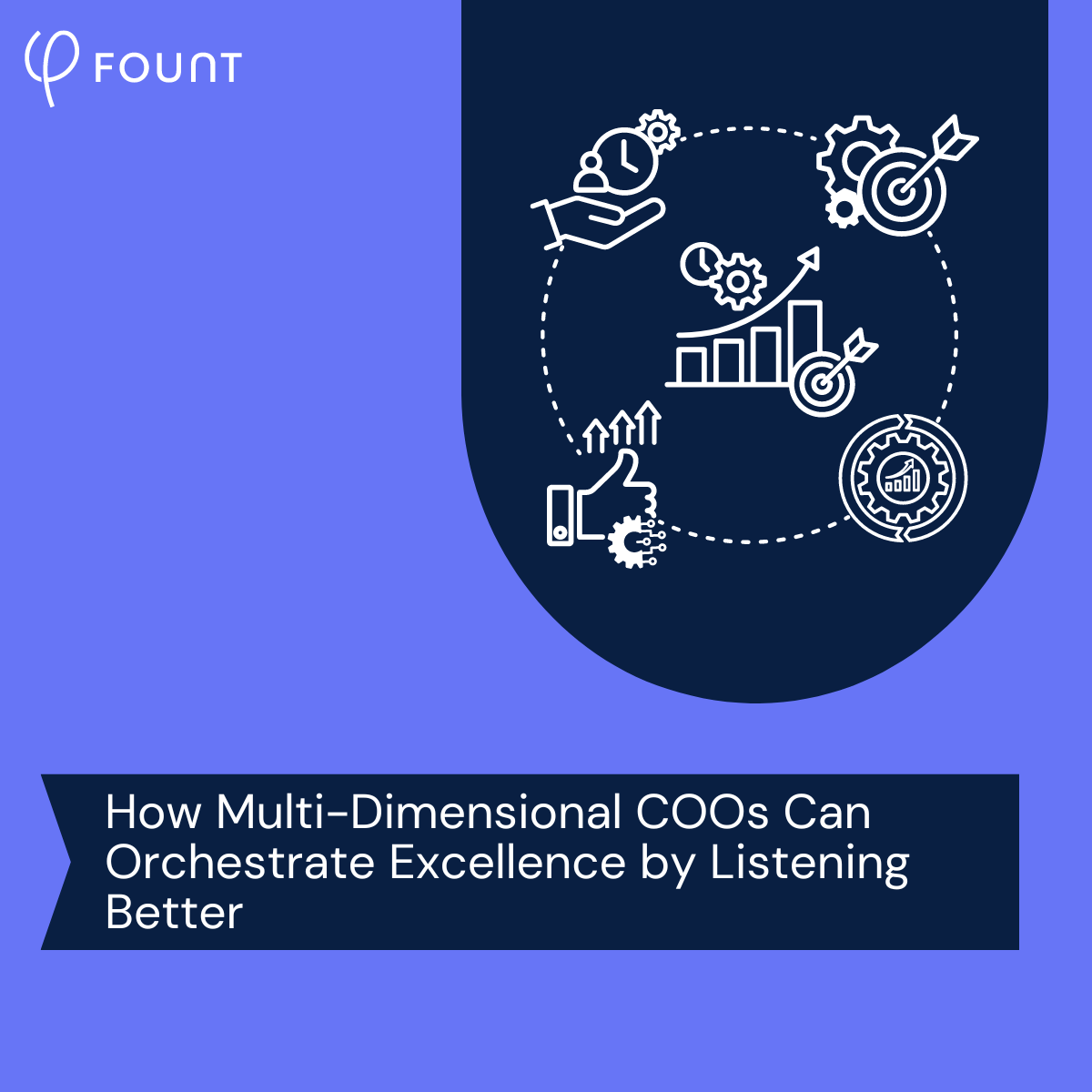The Future of Work is Flow: Interview with Christophe Martel
A summary of the details of the article will go here.
“Companies that win will be the ones that can provide to their workers—all of them, not just a few—an environment and a job in which people can get into that state of flow.”
Christophe Martel, co-founder and CEO of FOUNT Global, Inc.
FOUNT Cofounder and CEO, Christophe Martel, recently sat down with Adam Mendler, a nationally-recognized authority on leadership, to discuss the future of work. You can read the full interview here. Select excerpts are featured below.
Adam: How did you come up with your business idea and know it was worth pursuing? And then what advice do you have for others on how to come up with and test business ideas?
Christophe: First, I’ve always really liked and needed data to make decisions and to generally think about stuff. In my role as a business leader, I spent a lot of time looking at customer data to figure out what to do better, how to grow the business, how to operate, etc. And there’s a lot of data available to guide that kind of decision-making.
Moving to HR, I found myself pretty much data-less when it came to understanding what in HR was working or not working. It’s very difficult in HR to know if you’re doing a good job because, really, the only way to know is if people stay longer at the company and whether they are more productive. It’s honestly very difficult to attribute these things to any one particular action that HR took to try and make that happen. So, as a business leader, I actually felt this question was a kind of black box of talent and leadership where you have to have good leadership, and – if you do – then people will stay longer or work harder. But it always felt like a very cryptic thing.
And then there was the world of productivity and how much time do people spend on what tasks etc., which really represents the heart of the business in a way, but felt very incomplete. I thought that by moving to HR, I would be able to figure out a way to bring these things together. How is it that people actually decide to stay at a company, work harder, perform better, etc.? I felt like there was no visibility into things I could do to improve any of these outcomes. From a business or an HR perspective, the tools were missing to give visibility into what gets in the way of people trying to be successful at work. That felt like an opportunity.
The idea for FOUNT was very much based on my own lived experience as an executive on both sides of the fence–business and then HR–and also my experience as an employee at different large companies for a fair amount of my career. The impetus was knowing what kind of potential nonsense you may be subjected to as an employee—and usually unbeknownst to the leadership in the company to try and put these things together.
Adam: What are your three best tips applicable to emerging leaders and to senior leaders?
Christophe:
- In general, the famous book from Marshall Goldsmith, “What Got You Here Won’t Get You There,” is very true. In other words, whatever you know, you can lean on, but as an emerging leader (e.g. a frontline manager becoming a leader, an individual contributor becoming a frontline manager), if you’ve never done it before, what you know from your experience being an individual contributor may actually go counter to becoming a good manager or leader. Just being aware of that is a really important step.
- The second one is that teams actually begin with individuals. Within really large teams, it’s easy to lose sight of the fact that everyone is a person who has their way of doing things—their aspirations, their moods, whatever. And even though it can be sometimes daunting because if you have a really large team, it’s hard to keep track. But actually, that’s the job. You have to have at least some understanding of who these people are and how they’re coming together, which is easily lost as you become more senior.
- The third one is that leaders are not made, they’re elected. In general, good leaders are those who are elected by their teams to go and have bigger teams. Therefore, the most powerful person in the room is not your boss. It’s actually the people who work for you.
Adam: What do you believe is the future of work?
Christophe: I don’t know how distant this future is, but the future of work is flow. Companies that win will be the ones that can provide to their workers—all of them, not just a few—an environment and a job in which people can get into that state of flow where their higher self is engaged and where they’re self-realizing through their work. I think that’s what individuals aspire to and eventually, they’ll get their way because companies are competing for people. The more that the system of companies and workers matures, the more workers will dictate the terms of the deal, which is essentially, “I’ll work for you if you can offer me that.” This is something we believe at FOUNT. Individuals aspire to high performance most of the time, and if you can provide a place where they can do that, and feel great about themselves when they come back home, that would be the future of work.
Related Resources
See all News
FOUNT News
LIVE Webinar. Beyond AI Hype: How to De-Risk Your GBS Transformation with Friction Data
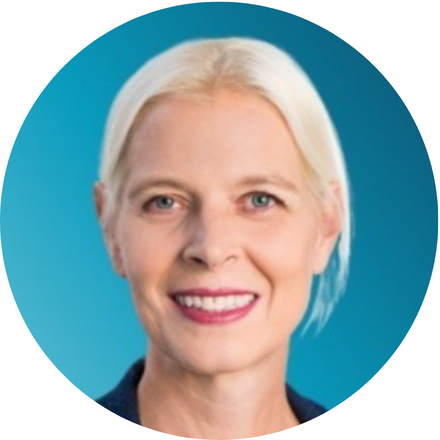
Guest Post
3 Signs Your GBS Is Creating Friction Instead of Flow (And How to Fix It)
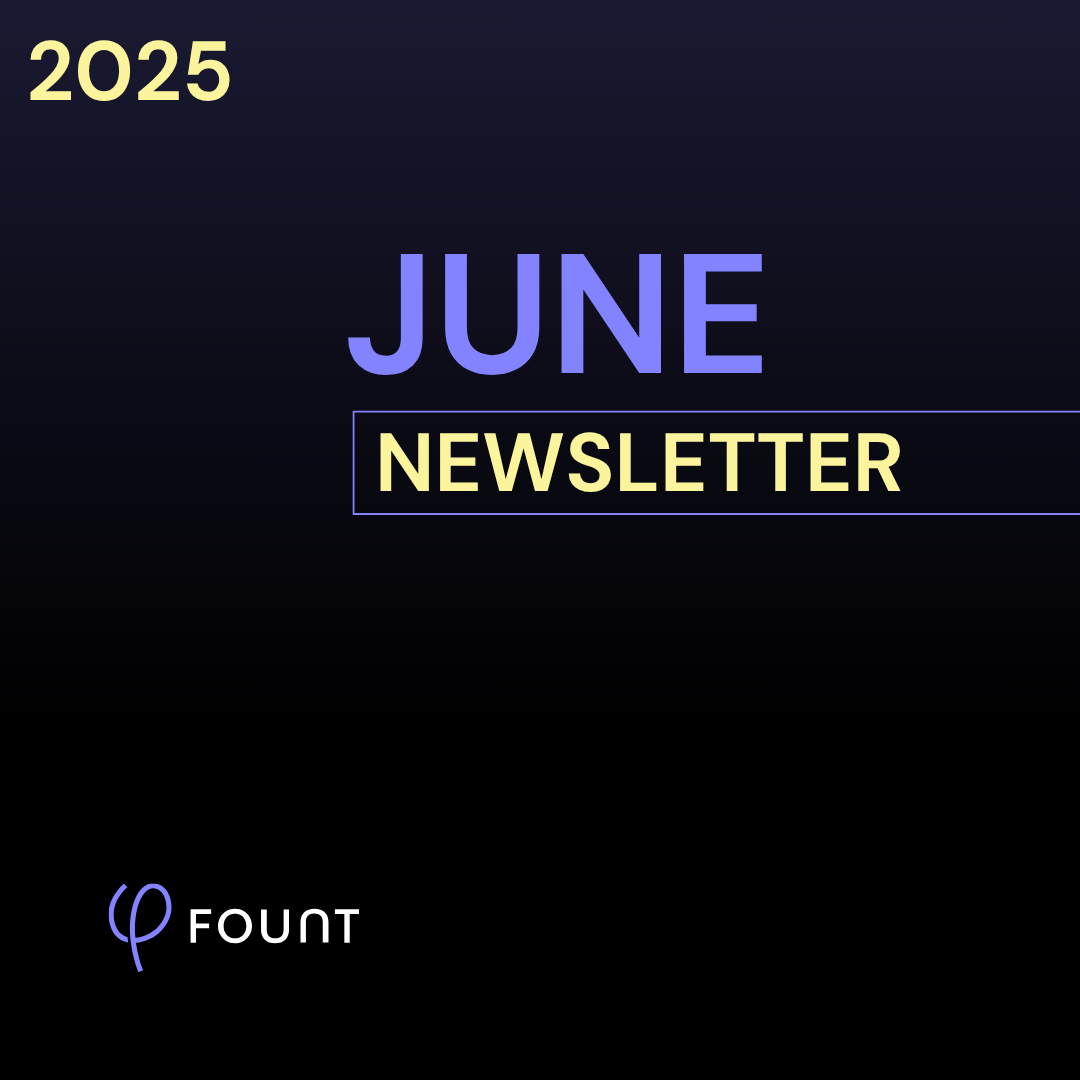
FOUNT News
June Newsletter: Friction is Killing Your AI ROI.
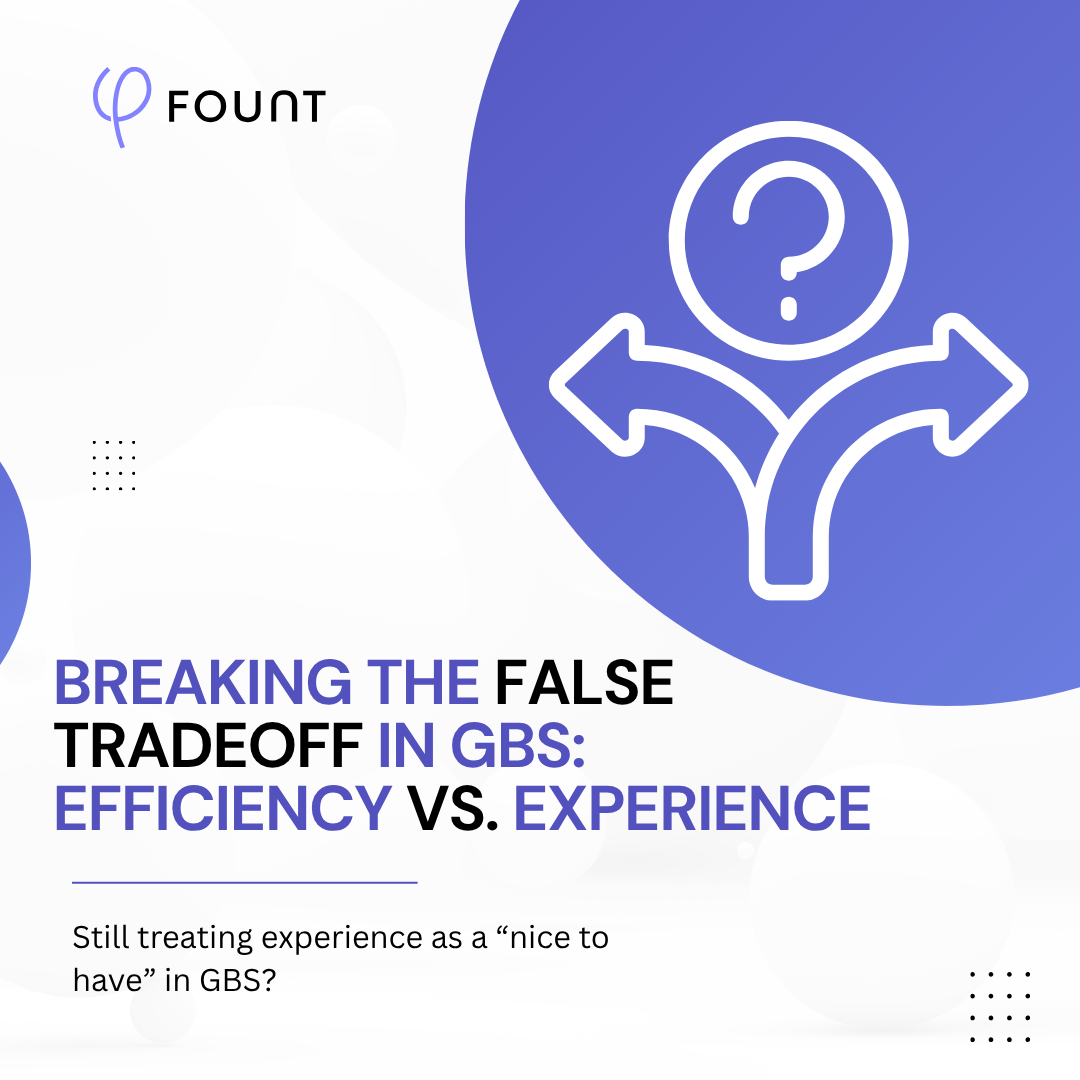
Insights
Breaking the False Tradeoff in GBS: Efficiency vs. Experience

Events
LIVE Webinar – July 9th for SSON Network. Beyond AI Hype: How to De-Risk Your GBS Transformation with Friction Data

Insights
To Create New Value, GBS Leaders Need Different Data
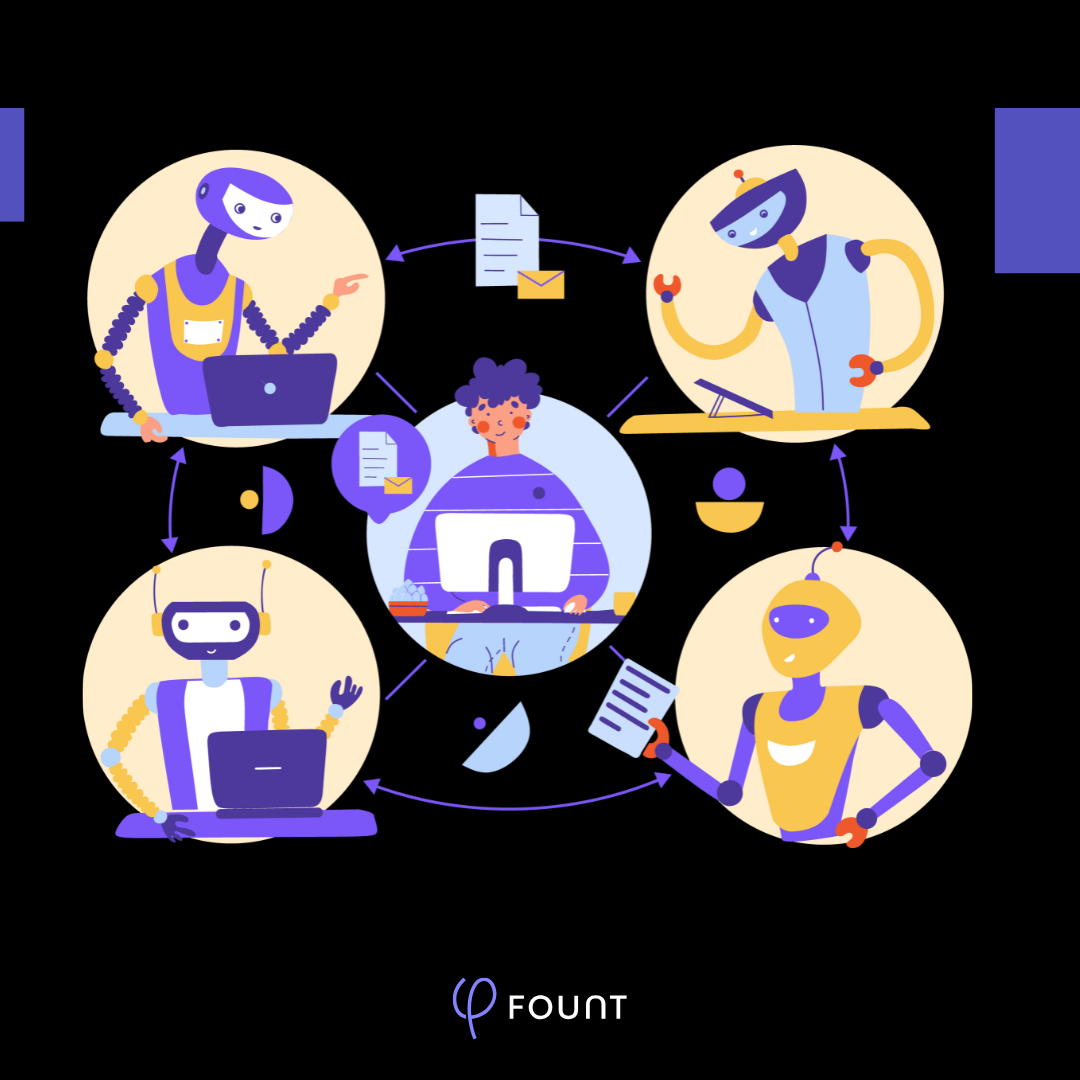
Insights
How to Keep Up with the Latest AI Developments
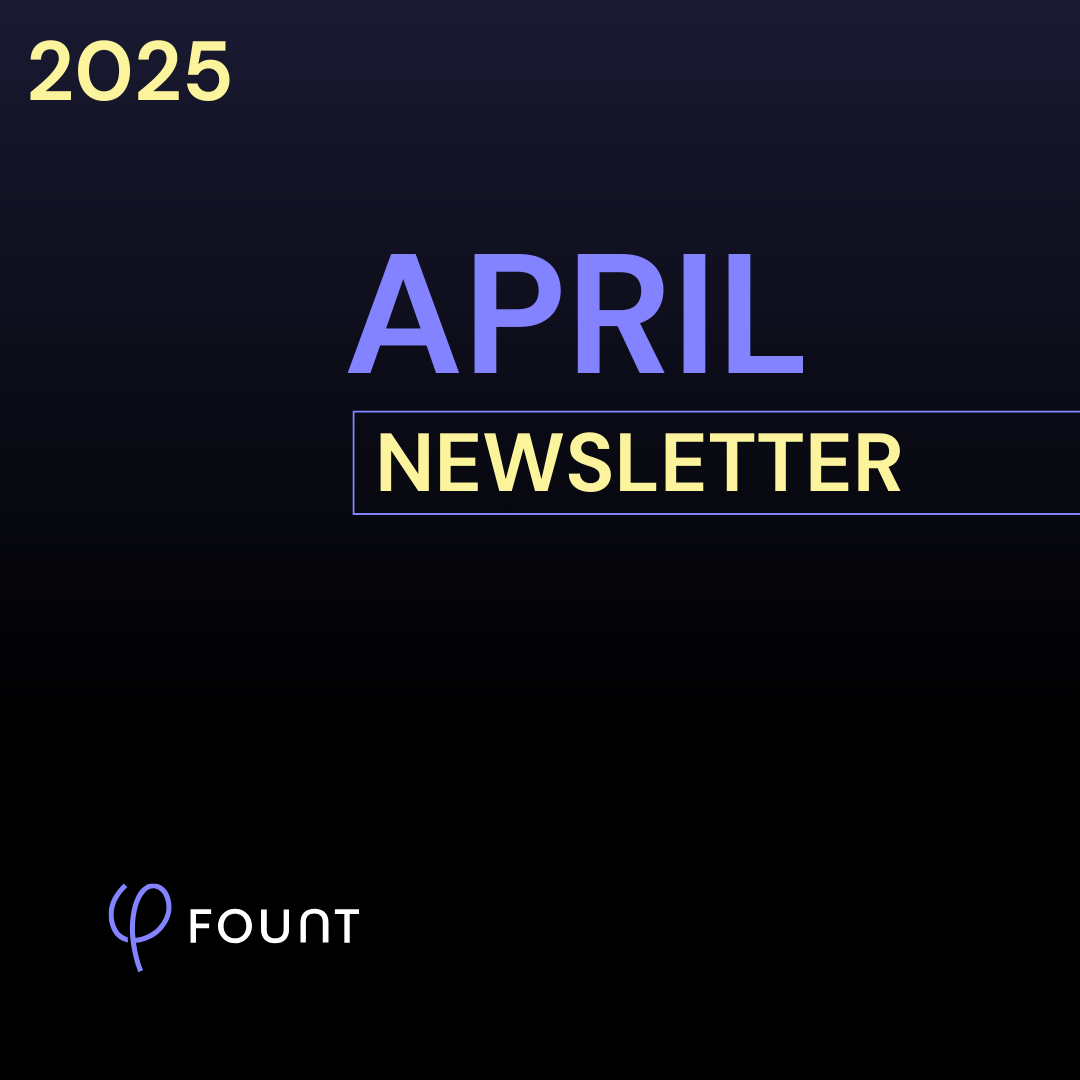
Insights
APRIL Newsletter. Friction: You Can’t Improve What You Can’t See
